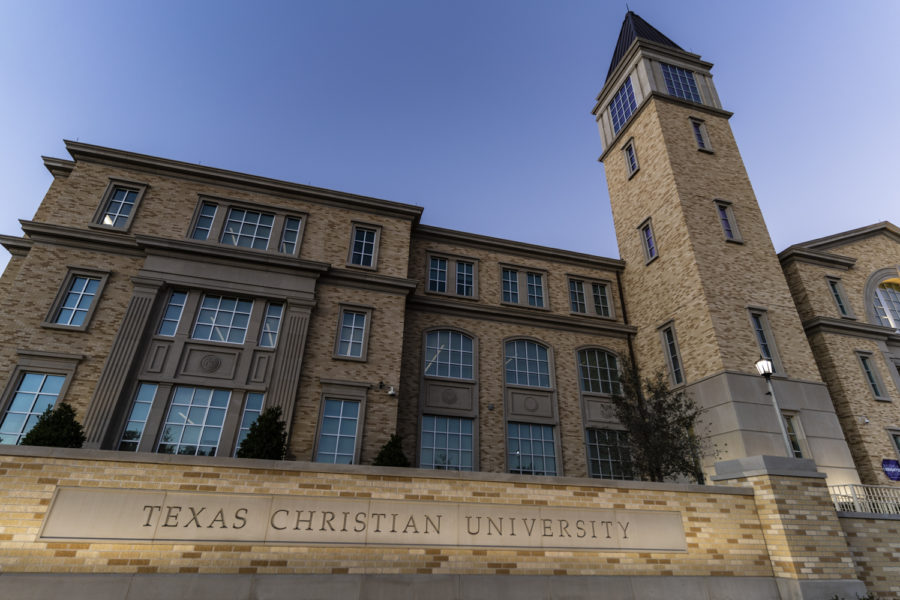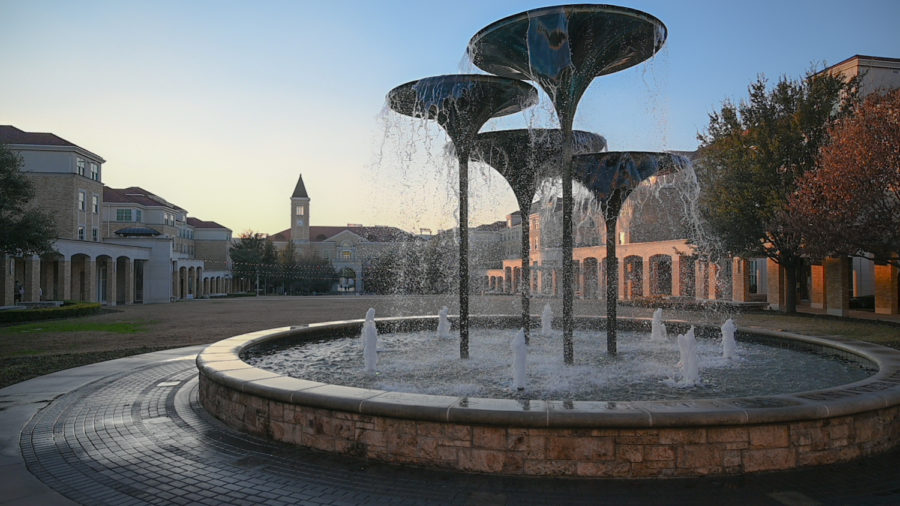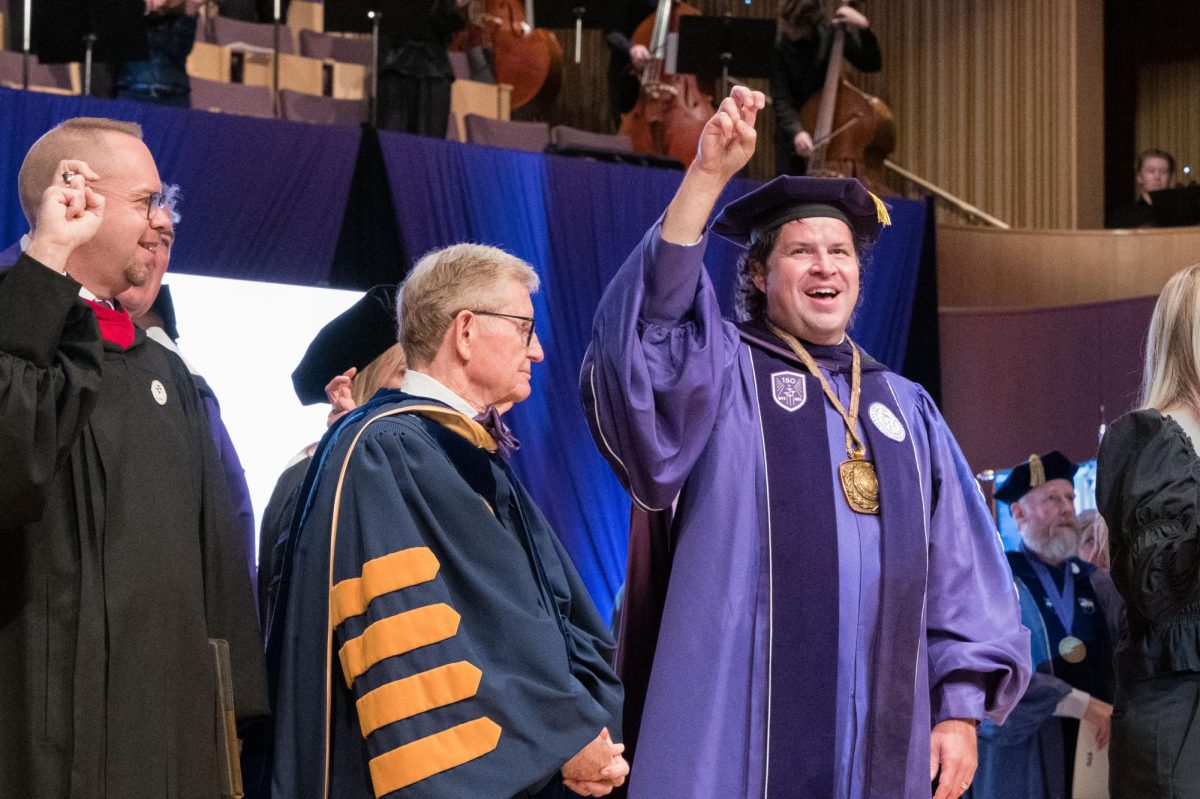For the first time in at least 20 years, TCU’s Board of Trustees decided not to raise tuition for the next academic year.
The news came Friday in an email from Chancellor Victor Boschini to the TCU community.
The COVID-19 pandemic and resulting economic meltdown have left universities across the country cutting spending to offset lost revenue.
During the summer, TCU reduced its operating budget for this year by $57 million from $551.5 million to $493.8 million. Another round of cuts is underway.
Boschini wrote that before the pandemic emerged, the university was working to become more affordable by increasing the endowment and optimizing the budget.
“The board conveys its profound gratitude to the entire TCU community for working together to navigate the way through this unprecedented time in our history to ensure that TCU will not just remain sustainable, but continue to flourish,” wrote Mark Johnson, the chairman of the board, in a resolution included in the email.
In addition to the tuition freeze, TCU is in the process of reducing its spending by 12%.
Read more: Chancellor talks tuition rate, budget cuts at faculty town hall
Provost Teresa Dahlberg said in a Faculty Senate meeting Oct. 29 that this year’s budget for academic affairs is about $171.2 million, so a 12% reduction is about $20.5 million. The savings from these cuts will go toward the permanent allocation of $65 million to financial aid.
Academic deans had to turn in the first draft of their four-year plan to the provost’s office by Nov. 6. The four-year plan details each college’s budget for the current and the next three fiscal years.
But not all departments within academic affairs are being asked for equivalent reductions. For example, the AddRan College of Liberal Arts and the School of Interdisciplinary Studies, which Dahlberg said are “less well-resourced than other units,” are only expected to cut 9% of their budgets.
The Mary Couts Burnett Library, on the other hand, is being asked to reduce its budget by 16%.
An additional reduction of about $1 million, less than 1% from across academic affairs, will be used to fund the VITAE Target of Opportunity Hiring program to hire members of underrepresented groups to tenure and tenure-track positions.
Dahlberg also talked about teaching modalities for the spring. Next semester, 54% of classes will be taught in person, an 8 percentage point increase from this semester.
Throughout the semester, administration officials and students appealed to faculty to teach more classes in person. In an email sent in October, Dahlberg encouraged faculty to teach in person “as much as possible.”
And the Student Government Association passed a referendum in September to support more in-person classes. This came after a survey done by the Office of Quality Enhancement, in which 72.5% of undergraduate student respondents said their online class experience was very poor, poor or fair.










